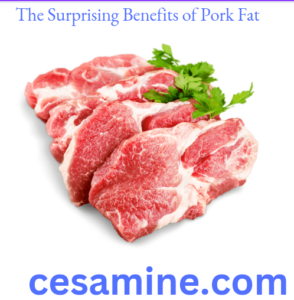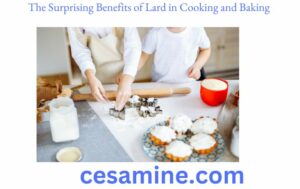Does it even work well? Why is it preferred over butter by certain nutritionists?
How is it absorbed and digested, and does it have an impact on increased blood fat values? Frequently asked issues are addressed by scientists with evidence from their studies.
How fat made his way back to the “huge door”
Along with the current movement toward healthy diet, the health benefits of fat have received much study. The majority of earlier study was focused on how aldehydes from vegetable oils functioned and if they raised the risk of certain illnesses during thermal processing.
Due to the effect on the development of artery plaques and the production of carcinogenic compounds from the residue of thermally processed oils, cardiovascular disorders and cancer were highlighted the most often.
There is little doubt that some polyunsaturated fat-rich oils, notably those from sunflower and maize, have a very high aldehyde content.

This study, along with others like it, has essentially made it possible for fat to reclaim its place at life’s “great door.” It inspires us to include as many unprocessed (unrefined) items to our diet as possible for health reasons as well as reminds us of how our elders used to eat, who were far healthier than us.
The American researcher explains why lard was chosen over other vegetable oils.
Experts have the right to say that, given the choice, they would always choose lard in place of oil because of study findings on the harmful consequences of thermal processing of vegetable oils. Dr. Martin Grootveld is one example who gave his research-based justification for his viewpoint.
– As long as we don’t use any vegetable oils for frying, stewing, or cooking—not even sunflower or corn—they are all OK to use. The risks to the heart may be extremely considerable, particularly if we do it everyday. Lard is fantastic for braising and deep-frying dishes.
It has a bland flavour, is nourishing, and contains a lot of energy. According to research, the prevalence of heart disease was much lower while lard was in use.
According to Dr. Grootveld, the time when vegetable oils and margarines began to replace animal fats in a significant amount of usage is exactly when the rate of “modern civilization” diseases—of which diabetes and heart disease are the prominent ones—started to rise.
Foods like pork fat have generated and continue to generate a lot of controversy.
What is the reality about pork fat and cholesterol, and is it harmful?
 Data from studies show that lard is indeed high in cholesterol. However, the self-production of cholesterol in the body and its equilibrium are better controlled by ingesting pig fat.
Data from studies show that lard is indeed high in cholesterol. However, the self-production of cholesterol in the body and its equilibrium are better controlled by ingesting pig fat.
Additionally, it is well-known that low blood cholesterol levels are linked to a greater mortality rate, depressive disorders, aggressive and suicidal behaviour, and cognitive illnesses, including Alzheimer’s. Dr. Grootveld underlines that the presence of cholesterol in fats protects health rather than posing a threat to it.
In addition to being a great source of a variety of minerals and B vitamins, pork fat is also the second-largest source of vitamin D after fish oil. It is crucial that the pigs used to produce the fat be grown as naturally as possible in order to maximise vitamin D absorption.
How should food be prepared for cooking and baking, and how much fat should be used?
Lard has 33 percent less saturated (“bad”) fat than butter, according to nutritional research. Additionally, there are three times as much omega 3 fatty acids as well as twice as many so-called “healthy” monounsaturated fats.
Use refined vegetable oils as little as possible, according to experts. Also, even olive oil should not be used for baking or frying. Because it does not appreciably alter its molecular structure when heated, pork fat is suitable for heat treatment. This is precisely what occurs with vegetable oils, and that is why they are bad for your health.